Cast iron question
petaloid
13 years ago
Related Stories
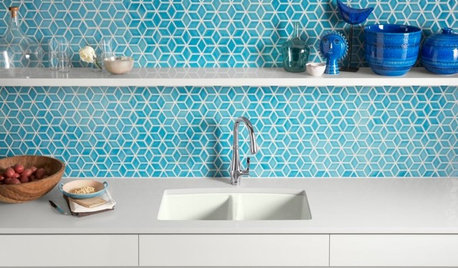
KITCHEN DESIGNKitchen Sinks: Enameled Cast Iron for Attractive Durability
Strong, shiny and sustainable, an enameled cast iron sink can bring character to your kitchen
Full Story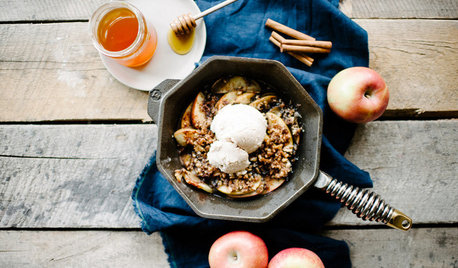
SHOP HOUZZShop Houzz: The Cast Iron Kitchen
Celebrate cast iron with cooking accessories and home accents
Full Story0
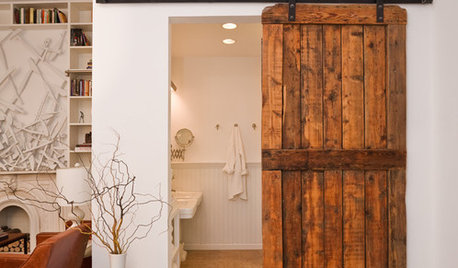
DOORS5 Questions to Ask Before Installing a Barn Door
Find out whether that barn door you love is the right solution for your space
Full Story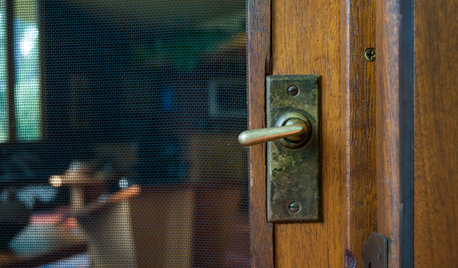
REMODELING GUIDESOriginal Home Details: What to Keep, What to Cast Off
Renovate an older home without regrets with this insight on the details worth preserving
Full Story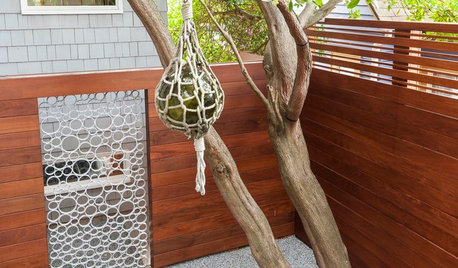
FENCES AND GATESA Designer Uses PVC Pipe to Cast a Modern Garden Gate
Landscape designer Scot Eckley walks us through the process of creating a custom aluminum ring gate
Full Story
EXTERIORSCurb Appeal Feeling a Little Off? Some Questions to Consider
Color, scale, proportion, trim ... 14 things to think about if your exterior is bugging you
Full Story
REMODELING GUIDESConsidering a Fixer-Upper? 15 Questions to Ask First
Learn about the hidden costs and treasures of older homes to avoid budget surprises and accidentally tossing valuable features
Full Story
GREEN BUILDINGConsidering Concrete Floors? 3 Green-Minded Questions to Ask
Learn what’s in your concrete and about sustainability to make a healthy choice for your home and the earth
Full Story
LIGHTINGCast a Spell With Outdoor Lights
Make a night on the patio magical or conjure a warm welcome for guests on the porch with well-chosen outdoor lighting fixtures
Full Story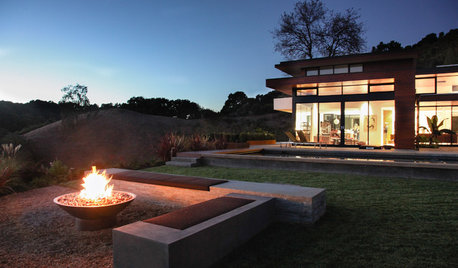
GARDENING AND LANDSCAPINGEco-Friendly Fire Pits: Casting Backyard Campfires in a New Light
Wood burning may be discouraged — even illegal in places — but that needn't mean forsaking the fire pit. Try one of these alternatives
Full Story




soonergrandmom
hawk307
Related Discussions
Aspidistra (cast iron plant) question
Q
Cast iron question
Q
Tips on caring for cast iron w/ electric stove?
Q
Moving our Washer/Dryer INSIDE the house!
Q
anoriginal
arkansas girl
Bumblebeez SC Zone 7
teresa_nc7
petaloidOriginal Author
jimster
chase_gw
lindac
jimster
hawk307
jessyf
ci_lantro
jimster
dcarch7 d c f l a s h 7 @ y a h o o . c o m
User
danab_z9_la
arley_gw
foodonastump
danab_z9_la
jimster
lindac
danab_z9_la
jimster
teresa_nc7
bunnyman
annie1992
dcarch7 d c f l a s h 7 @ y a h o o . c o m
arley_gw
lindac
foodonastump
Bumblebeez SC Zone 7
hawk307
teresa_nc7
foodonastump
Bumblebeez SC Zone 7
John Liu
Bumblebeez SC Zone 7
annie1992
bunnyman
dcarch7 d c f l a s h 7 @ y a h o o . c o m
annie1992
danab_z9_la
dcarch7 d c f l a s h 7 @ y a h o o . c o m
danab_z9_la
secsteve
John Liu
William Lee
Jim Waneright